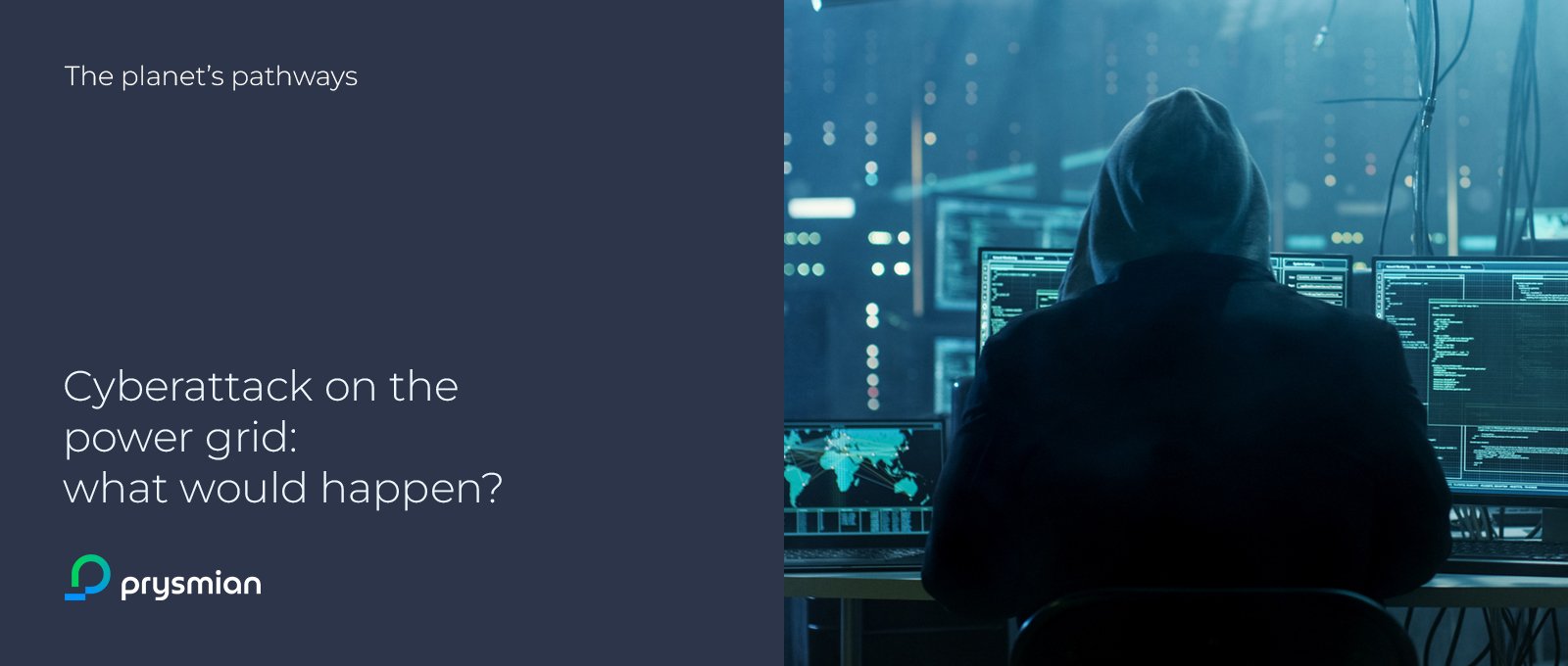Have you ever stopped to think about how important electricity is in our daily lives? It powers everything, from our mobile phones to our refrigerators. This shows how, even if we do not realise it, electricity distribution networks are the backbone of our modern society: not only do they reliably and efficiently transport electricity to our homes, businesses, hospitals and industries, but they also support the integration of renewable energy sources, with positive impacts for the mitigation of climate change.
Despite their central role, our networks are often taken for granted.
However, there is a dangerous threat that jeopardises our digital age: cyberattacks. Hackers have already shown that they can plunge thousands of people into darkness, which is why it is crucial to improve the cybersecurity of our power grids. But what if they manage to bypass cybersecurity measures?





